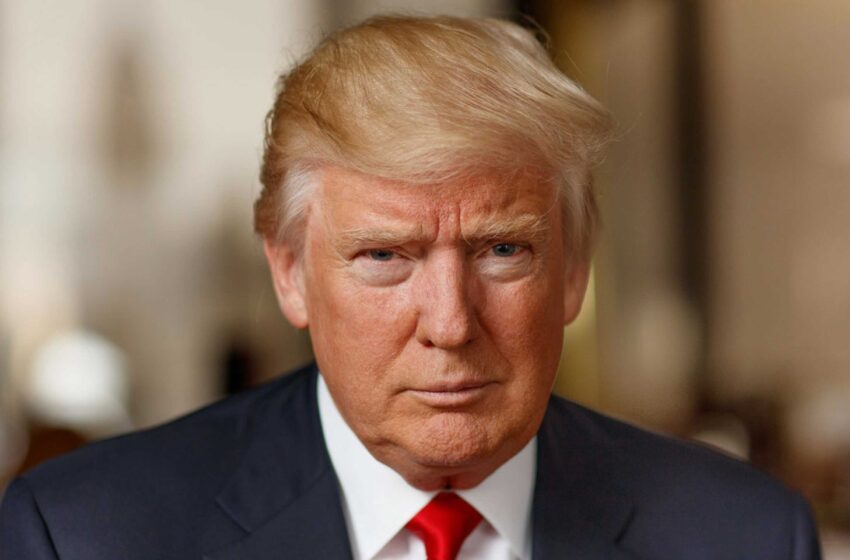Trump tariffs push South African exports into turbulence…What you should know

Donald Trump. Picture: David Hume Kennerly/Getty Images
Trump U.S. President Donald Trump’s sweeping tariffs package (Trump tariffs), aimed at countries with trade surpluses, has taken a heavy toll on South African exports, particularly in the automotive, agricultural, and manufacturing sectors. Effective April and escalating to a 30% rate in August, these measures have triggered dramatic drops in car shipments, costing the economy billions and thousands of jobs. As the fallout unfolds, intense diplomatic and industrial efforts are underway to avoid long-term damage.
Auto Exports Collapse Under Tariff Pressure
South African vehicle exports to the U.S. fell off a cliff in 2025. First-quarter shipments plunged 73% year-on-year, followed by even steeper declines: down 80% in April and 85% in May. This follows a 25% tariff on automotive imports in April and an expansion to automotive parts in May. Come August 1, a 30% tariff will apply to all auto imports from South Africa.
Industry group Naamsa warned, “This is not just a trade issue, it’s a socio-economic crisis in the making,” noting that the vehicle sector accounted for 64% of all AGOA trade, generating R28.6 billion ($1.6 billion) in export revenue in 2024. Many automakers, including Mercedes-Benz, are already scaling back production due to the tariffs.
Jobs at Risk and Manufacturing Hubs in Danger
The automotive industry supports 110,000 formal jobs and anchors regional economies like East London, home to Mercedes-Benz South Africa. Naamsa cautioned that further tariffs could devastate these communities, describing the outcome as akin to “turning vibrant industrial hubs into ghost towns”. With global competitors moving into U.S. markets, reversing this trend will be difficult.
Agricultural and Manufacturing Export Hit
Beyond cars, the new Trump tariffs threaten a range of exports. Key industries like citrus, wine, beef, soy, and steel and aluminium are now exposed to barriers up to 30%, with U.S. citing alleged imbalances in trade under reciprocal tariff policy. South Africa President Cyril Ramaphosa condemned the tariffs as based on “inaccurate trade data,” emphasizing that 77% of U.S. goods enter South Africa tariff-free, and its average tariff is just 7.6%.
READ ALSO
How the US tariffs could affect you as a South African
South Africa faces 30% US tariffs as trade deal stalls
Rand Weakens Amid Trade Tensions
The Trump tariffs have not only squeezed exports, they also rattled the financial markets. On Monday, the South African rand weakened, trading around R17.96 to the dollar, a result of investor concern over trade headwinds. The benchmark government bond for 2035 slightly dipped in value as well, reflecting broader economic uncertainty.
Government Urges Diversification and Negotiation
In response, Ramaphosa has intensified trade talks with the U.S., hoping to carve out tariff exemptions or quotas, including negotiating duty-free vehicle and parts quotas, steel, and aluminium. Meanwhile, trade advocates and farmers are urgently pivoting towards new markets in Asia, Europe, and Africa, though experts warn that market realignment will take months to years.
Crisis or Catalyst?
Trump’s tariffs have delivered an immediate blow to South Africa’s automotive productivity, exports, jobs, and economic confidence. The coming weeks will test the country’s ability to negotiate relief, diversify markets, and maintain industrial momentum. This moment could serve as a pivotal point, either deepening trade isolation, or catalyzing a strategic shift toward resilience and economic renewal.

